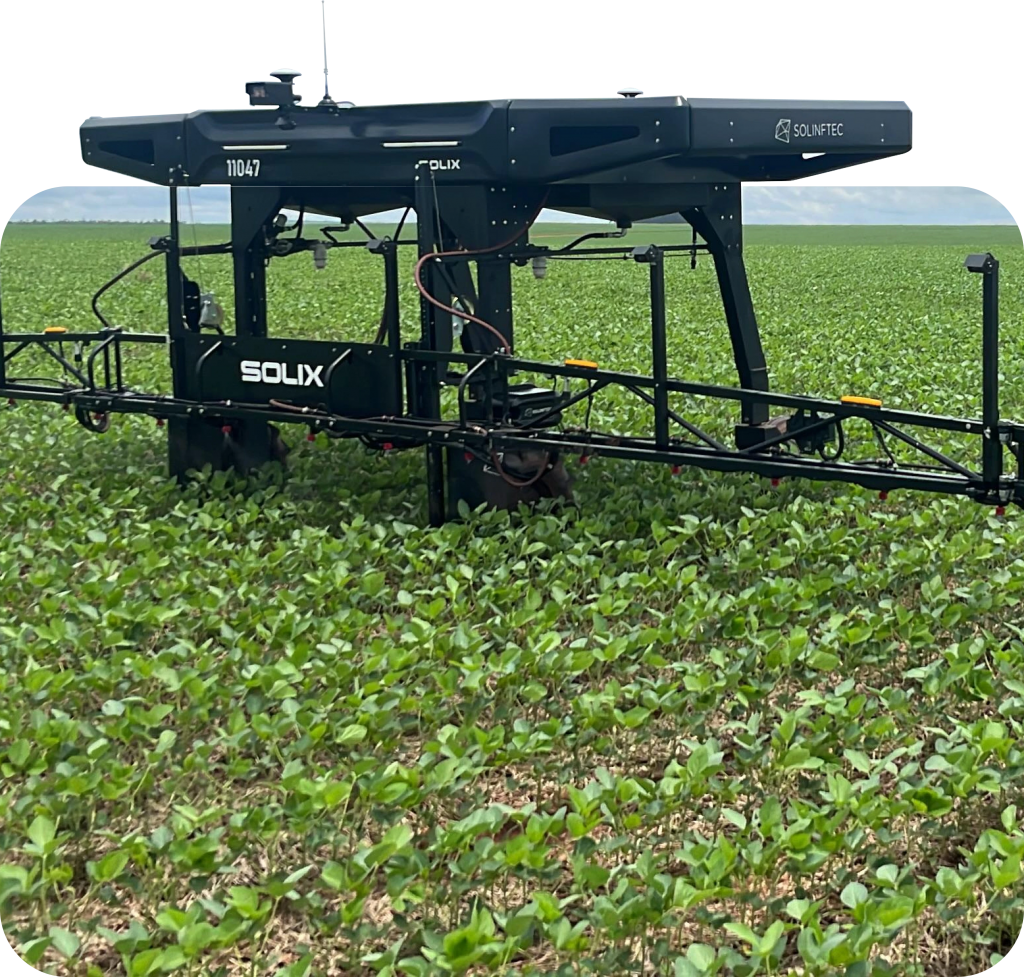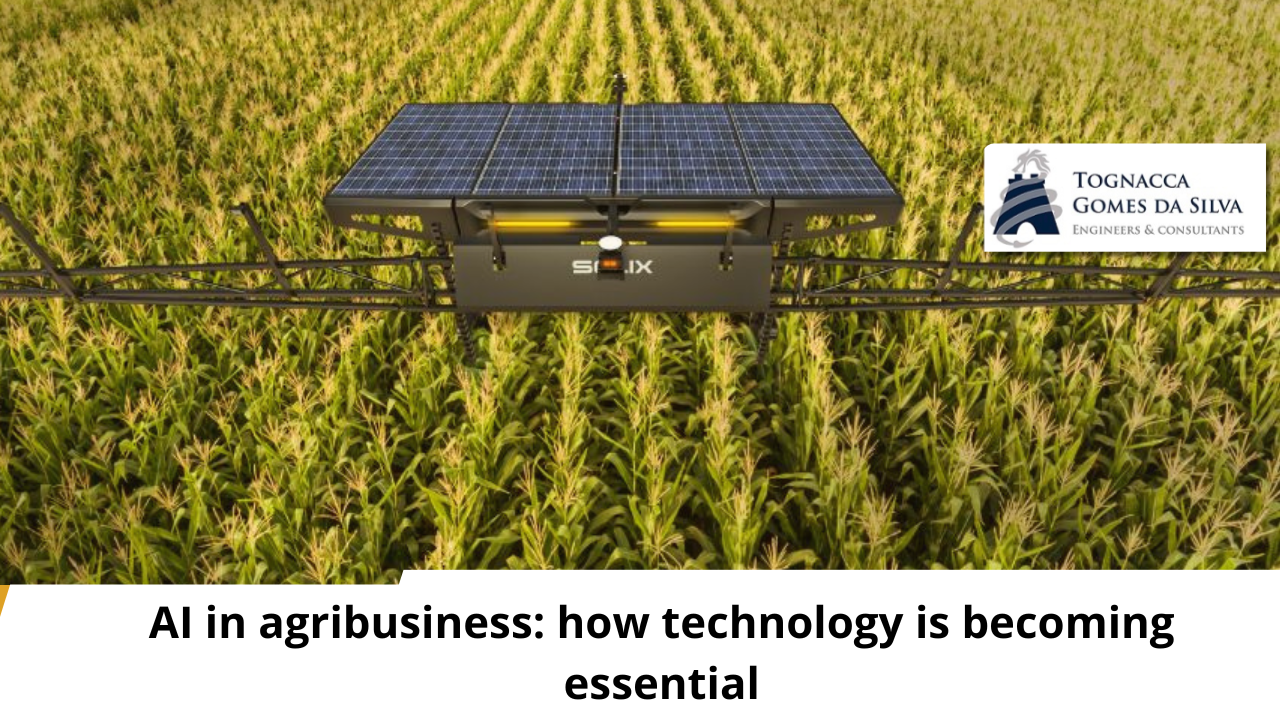Discover how AI startups in agribusiness are revolutionizing the sector with innovative digital solutions, promoting true transformation.
The AI revolution reaches the field
Agribusiness is undergoing a true digital transformation driven by startups – with special emphasis on Latin American ones. These companies are not only introducing new technologies but also completely reshaping the way agriculture is conducted. Data collection, more than ever, has become a central element in this new agricultural era. Startups are using technologies like the Internet of Things (IoT), artificial intelligence (AI), and big data to optimize from sowing to harvesting. These digital tools allow for accurate soil analysis. In addition to more efficient pest control and optimized management of water resources. The result? More sustainable and efficient production, aligned with the demands of a market that is increasingly aware of environmental issues.
The impact of AI on agribusiness: startups in sustainable growth
Startups play an important role in the sustainable development of agribusiness. They offer solutions that not only increase the efficiency of agricultural operations, but also help to significantly reduce environmental impact. For example, smart irrigation systems that adapt water use to plants’ actual needs can reduce resource waste and prevent soil degradation. Furthermore, the integration of sensors and real-time data allows farmers to make decisions based on accurate information, minimizing risks and maximizing productivity. These technologies are not only transforming the agricultural sector into an example of innovation and sustainability, but they are also redefining the profile of the modern farmer, who must now be both a field expert and a data analyst.
AI on the front lines of fighting weeds
The application of artificial intelligence (AI) in agribusiness has particularly stood out in the fight against weeds, one of the biggest challenges faced by farmers. Startups and established companies are implementing robots equipped with AI to make this fight more effective and less harmful to the environment. Tereos, for example, adopted this technology to optimize the management of sugar cane plantations. These robots are able to accurately identify and eliminate weeds, reducing the need for chemical herbicides. The system not only distinguishes cultivated plants from invasive ones, but also applies localized treatments, which minimizes environmental impact and preserves the integrity of the soil and surrounding crops.

Success story: farm in Goiás adopts AI robots
A notable example of this digital transformation in agribusiness is a farm in Goiás that implemented a fleet of Solix robots, from Solinfetc. This equipment relies on AI to manage your plantations autonomously. These machines are programmed to navigate fields, identifying and eliminating weeds day and night, which significantly increases the efficiency of agricultural operations. Solix represents a significant leap in the application of advanced technologies in the field. Equipped with the latest artificial intelligence, Solix is designed to optimize crop management, monitoring and executing tasks with previously unattainable precision. The robot works autonomously in the fields, collecting critical data that is analyzed to continually improve agricultural processes. This constant data collection helps in making more informed and accurate decisions, reducing costs and increasing productivity. Solix’s ability to integrate seamlessly with other IoT devices and agricultural management systems makes it a key player in the digitalization of agribusiness, promoting smarter and more sustainable agriculture.
Agriculture is becoming more and more tech-savvy
The use of these technologies not only promotes cleaner and more sustainable agriculture, but also represents a significant advance in precision and resource savings. By reducing the use of herbicides and improving application precision, farmers are able to not only protect the environment, but also reduce operating costs.
( fonte: bruna oliveira/ digital agro )



